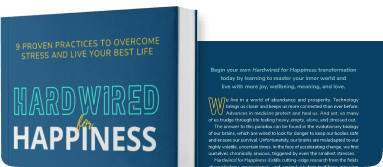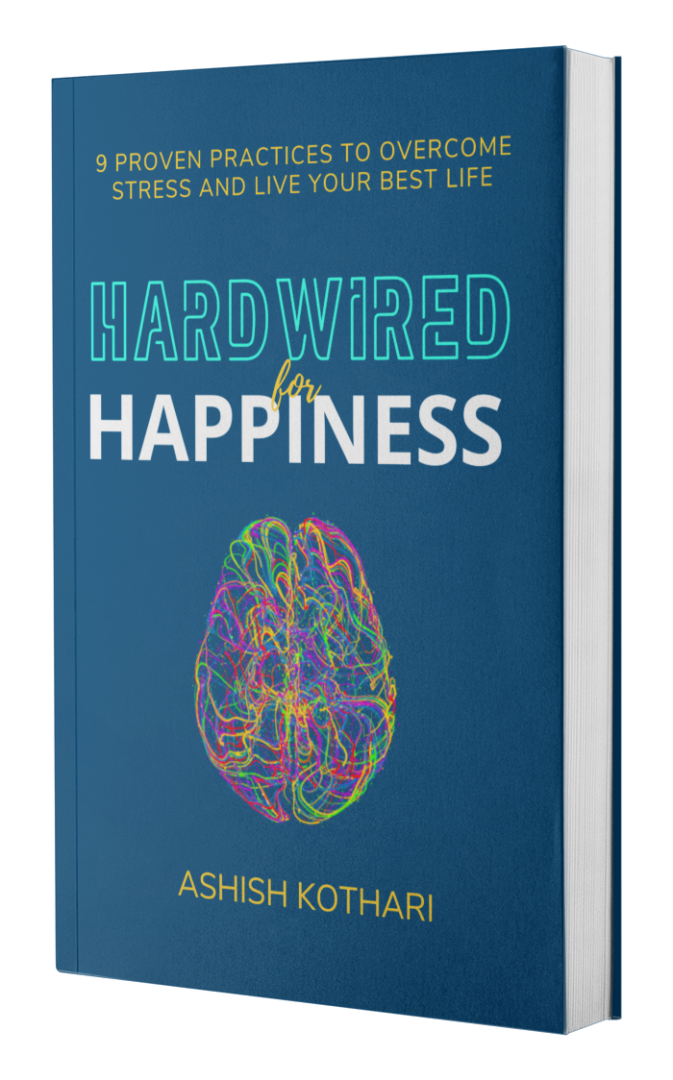
In our ever-evolving world, challenges and complexities are often unpredictable and require quick, innovative responses. But how do we adapt and remain resilient through these challenging situations? With an agile mindset, we’re not just reacting to change; we’re proactively embracing it, turning challenges into opportunities for growth. In this article, we explore with Johanne Lavoie, Partner at McKinsey & Company, the importance of an agile mindset in the face of complexities. Let’s dive into this in 3 key areas:
- The Role of Inner Work in Leadership
- Adaptability in Today’s Complex World
- Integrating Mindful Practices
“I do have moments of recess and fear, but the key is to be mindful of it and to have practices that we can cultivate to be able to use our own life as our teacher.”
– Johanne Lavoie
Johanne Lavoie’s journey began with a relentless pursuit of achievement, driven by a desire to prove herself in traditionally male-dominated fields. Although she achieved outward success, her journey was also shadowed by personal challenges, and the tragic loss of her son at birth. It was through navigating these deep personal challenges that Johanne came to realize that true growth often requires a change in perspective.
These experiences made Johanne rethink her approach to life and work. She realized that her focus on high-performance and results-driven mindset was, in fact, a barrier to her personal and professional growth. This led her to a period of self-reflection and inner work, where she learned to understand her experiences better and adopt a more balanced and mindful way of handling problems.
The Role of Inner Work in Leadership

Inner work is not just about personal growth; it’s about developing the mental and emotional agility needed to navigate complex, rapidly changing environments effectively. Johanne believes it’s crucial to make it normal for leaders and individuals, especially in high-achieving environments, to engage in this deep inner work as part of their job. Many leaders often ignore their inner lives, which often leads to our human systems to shut down. More than external effort, we need to do introspective work too. As Ashish highlights:
“Where are you right now? Where is your body? Where is your mind? Where is your emotion? Just tuning in a bit to recognize where you are and what is the state from which you’re operating is really important.”
– Ashish Kothari
Leaders often derive their sense of worth from their achievements rather than their inherent value as individuals, and that is a false polarity, which often leads to anxiety-driven decision-making. By engaging in inner work, leaders can recognize when their actions are driven by a need to prove their worthiness. This approach changes how people relate to each other at work, creating a more authentic and safe space where individuals are valued for who they are, not just what they do.
Adaptability in today’s complex world
Today’s world is a labyrinth of complexities. Johanne believes the real challenge is not the complexity of the world itself, but the gap between this complexity and our own ability to handle it at any given time. She outlines two options when facing complexity: either reduce the complexity we deal with or increase our ability to manage it. Increasing our ability means changing our rigid habits and beliefs, making room for new ways of thinking, and becoming more adaptable to new challenges.
“You cannot solve a problem with the same mindset that created it. You need clarity and adaptability. Finding that takes time and work.”
– Anil Ramjiani
Leadership today demands agility more than ever. Today’s challenges require leaders to equip an agile mindset and greater adaptability. However, when we need to be most adaptable to change or high-pressure situations, our brains tend to resist and revert to familiar habits. This is the ‘adaptability paradox’. This happens because in stressful times, our survival instincts kick in, making us less open to new approaches. That’s why it’s important to practice skills like staying calm, breathing deeply, and being mindful. These can help us calm down our brain’s survival response and think more clearly, allowing us to handle new and challenging situations better.
Integrating Mindful Practices
In our relentless pursuit of success and achievement, we often overlook the importance of integrating mindful practices and self-awareness into our daily lives. These aren’t just for stress relief; they help us stay human and connected. We in the corporate world need to remember to look after ourselves to keep our balance and effectiveness at work. So how can we integrate mindful practices?

- Set your intentions – Start your day by setting intentions for qualities like mindfulness or kindness. Reflect on these each morning and commit to practicing them all day.
- Mindful Practices – Incorporate brief, regular mindful breaks into your day, like a minute of deep breathing or a short meditation, to stay present and grounded.
- Active Listening – Prioritize listening over speaking in conversations, using silence for deeper understanding and reflection.
- Quality of Presence – Focus on being fully present in each task or interaction. Engage with others and on tasks in a way that is fully attentive and conscious.
- Self-Care and Recovery – Regularly include rest and recovery in your routine. This is essential for peak mental and emotional performance.
- Continuous Reflection and Adaptation – Regularly assess and adapt your habits to align with your growth and changing needs.
Integrating mindful practices into our everyday life enhances our ability to handle challenges with more agility and less stress. By practicing these skills, we can bring more humanity into our work and forge more human-centric leaders.
Conclusion
Equipping an agile mindset involves building new habits that align with who we want to be and letting go of old patterns that no longer serve us. This isn’t just about changing but about fundamentally shifting how we approach life, work, and our interactions with others. It takes inner work, adaptability, and integrating mindful practices to enhance our ability to navigate the complexities of today’s world. And at HAPPINESS SQUAD, we’re turning challenges into triumphs through the art of introspection and mindful living. Let’s conquer complexities, cultivate resilience, and lead with an agile mindset.
Johanne is the Dean of McKinsey & Company’s signature multi-client program, leading with inner agility, which helps senior executives lead with greater purpose and impact in times of increasing complexity. As an author and frequent lecturer, Johanne actively engages in broader conversations at the nexus of leadership, mindfulness, and business.
Learn more about Johanne at her website and LinkedIn.
Listen to the podcast with Ashish, Anil, and Johanne below.
Access and subscribe to the all of the episodes of the Happiness Squad Podcast here.
Visit the REWIRE Program powered up by the HAPPINESS SQUAD Community and experience your shift within your 30 day risk-free trial today. Cultivate your Self-Awareness, Gratitude, Purpose and Community and personal growth more through the 9 Hardwired for Happiness practices. Integrate simple and proven micro-practices grounded in the science of happiness and neuroscience of habit formation in a 5 minutes a day.
Make Happiness Your Competitive Edge.


